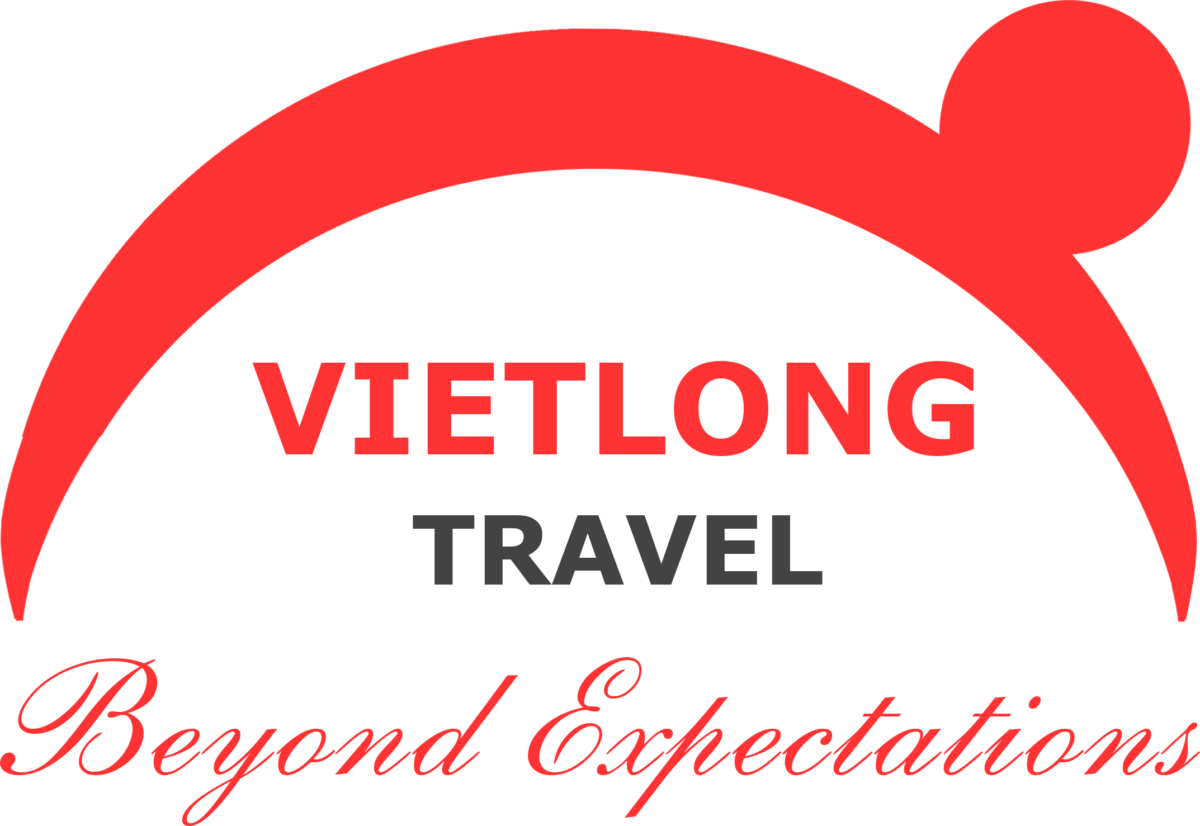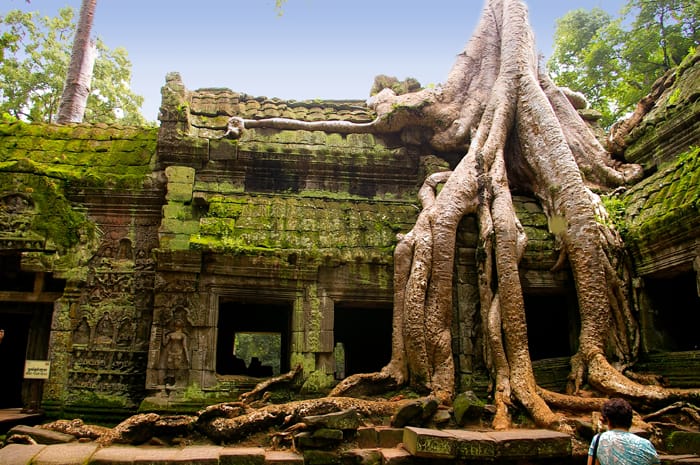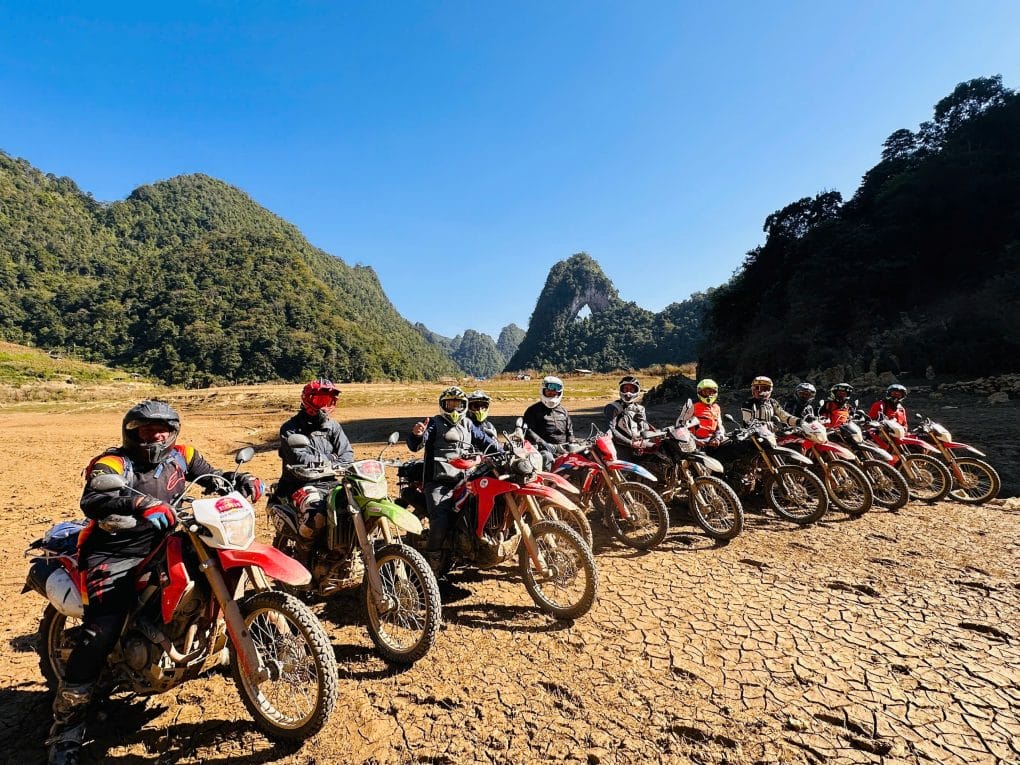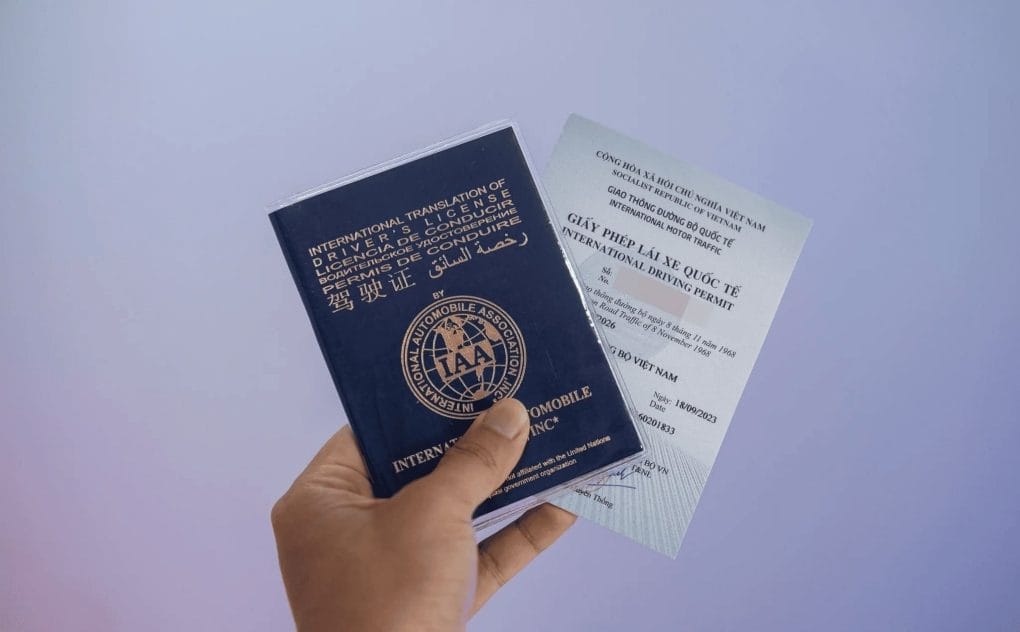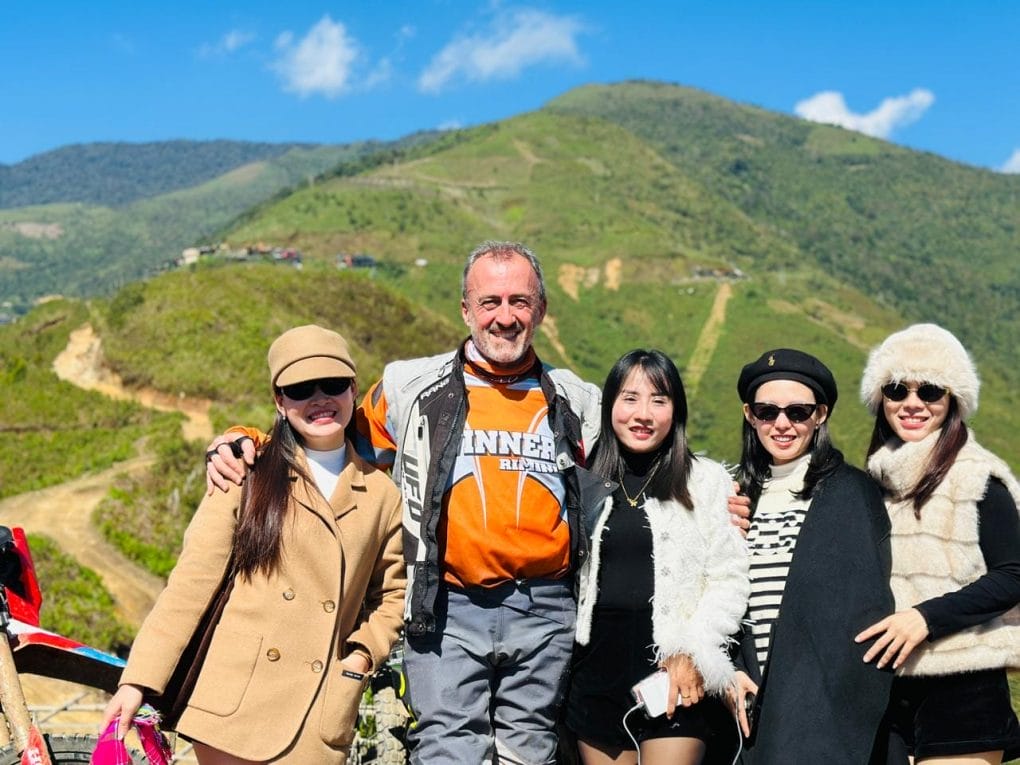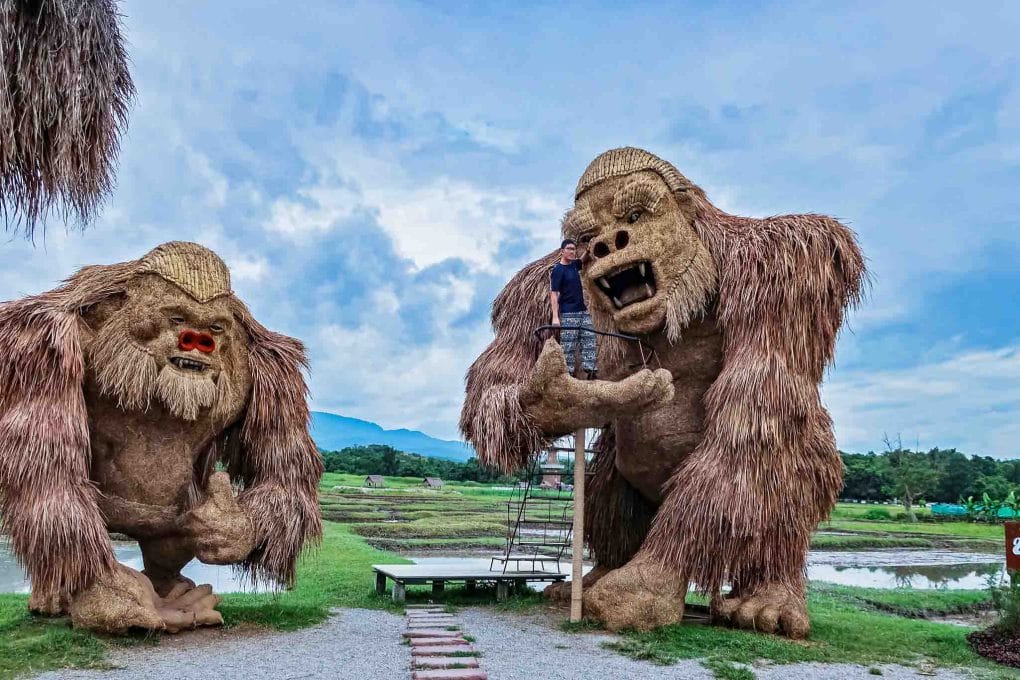Vietnam is a land of rich history and diverse culture, and for many overseas Vietnamese or Viet Kieu, the journey back home is not just about visiting a beautiful country but also reconnecting with their roots. A meaningful cultural trip to ancestral villages allows Vietnamese expats to experience the traditions, stories, and legacies that define their heritage. Planning such a trip can be deeply fulfilling but requires thoughtful preparation. Here’s how Viet Kieu returning to Vietnam can make the most of their cultural journey.
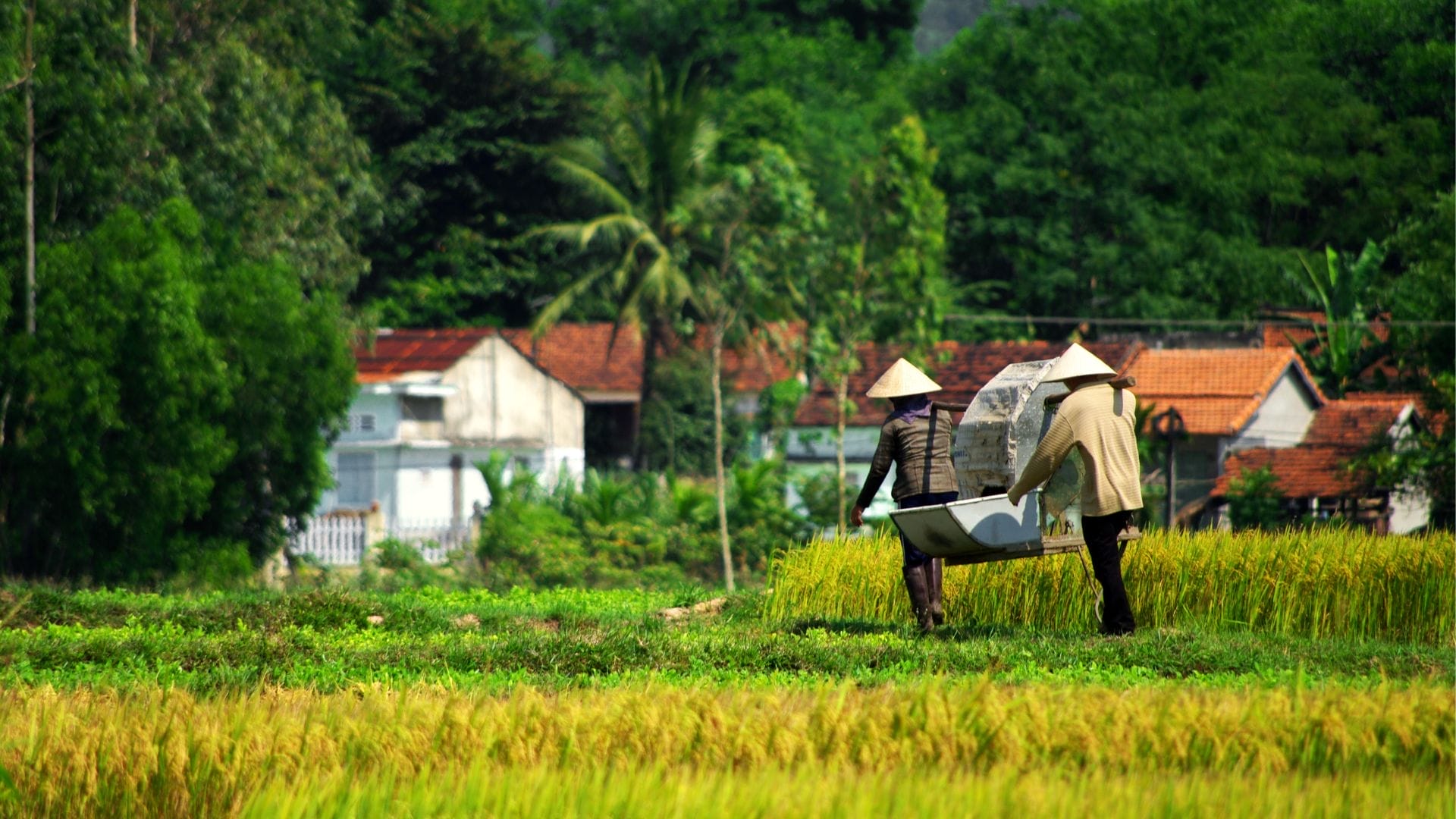
Understanding the Importance of Cultural Reconnection
For Vietnamese expats visiting their homeland, the trip is more than a vacation; it’s an opportunity to reconnect with the cultural heritage that might feel distant. These trips allow overseas Vietnamese to walk the paths their ancestors once did, participate in local customs, and engage with a way of life that has been preserved through generations. Embracing these experiences helps maintain a connection with their identity, particularly for second or third-generation Viet Kieu.
Researching Your Ancestral Village
Before embarking on your journey, it’s essential to research your ancestral village. Gather information about its location, historical significance, and cultural practices. Connect with family members or local historians who can provide insights into the village’s heritage. For Vietnamese expats, understanding the village’s background can add layers of meaning to the visit, transforming it from a mere trip to a profound experience of discovery.
Engaging with Local Customs and Traditions
One of the best ways for Viet Kieu returning to Vietnam to immerse themselves in their ancestral culture is by participating in local customs. Whether it’s joining traditional festivals, learning about ancestral worship, or partaking in a family gathering, these activities offer a window into the daily lives of their ancestors. For overseas Vietnamese, this engagement is a valuable opportunity to reconnect with their roots in a hands-on way.
Planning Visits Around Cultural Festivals
Timing your visit to coincide with cultural festivals can significantly enhance your experience. Events like Tet (Vietnamese Lunar New Year) offer a vibrant display of local traditions, from food to rituals. For Vietnamese expats visiting their homeland, witnessing these events first-hand can be an emotional and enlightening experience, highlighting the customs that have been passed down through generations.
Learning the Local Dialect and Language
To deepen your connection, try learning some local dialect or phrases specific to your ancestral village. This effort will not only endear you to the locals but also help you understand more about the unique linguistic heritage of your family. For many overseas Vietnamese, language acts as a bridge that connects them directly to their heritage, making their visit more meaningful.
Respecting Local Etiquette and Cultural Norms
Understanding and respecting local etiquette is crucial when visiting ancestral villages. Dress appropriately, be mindful of your behavior, and show respect for local customs and elders. This respect goes a long way in making your visit pleasant and harmonious. For Viet Kieu returning to Vietnam, displaying cultural sensitivity is not just courteous but also a way to honor their roots.
Documenting Your Journey
Documenting your trip through photos, videos, or a travel journal can create lasting memories. Share your journey with family members who couldn’t make the trip or preserve these memories for future generations. For Vietnamese expats, documenting these moments helps keep the connection alive even after returning abroad.
FAQs Related to Vietnamese Expats Visiting Ancestral Villages
Q1: What are the best times for overseas Vietnamese to visit their ancestral villages?
A1: The best times are during significant cultural festivals like Tet or mid-autumn celebrations when traditions are most vibrantly showcased.
Q2: How can overseas Vietnamese find information about their ancestral villages?
A2: Start with family members, local records, and community historians who can provide insights into the village’s history and cultural practices.
Q3: Do I need to speak Vietnamese to enjoy my trip to my ancestral village?
A3: While it’s not mandatory, learning basic phrases or the local dialect can greatly enrich your experience and interaction with the locals.
Q4: What should I pack for a trip to rural ancestral villages in Vietnam?
A4: Pack comfortable clothing, respectful attire for cultural visits, any required medication, and a camera to document your journey.
Q5: How do I participate in local festivals as an overseas Vietnamese?
A5: Contact local community members or relatives to understand the customs and traditions, and join as a participant rather than just an observer.
Embark on a cultural journey to reconnect with your roots in Vietnam.
Join our guided tours tailored for Vietnamese expats to explore ancestral villages, celebrate local festivals, and rediscover your heritage.
